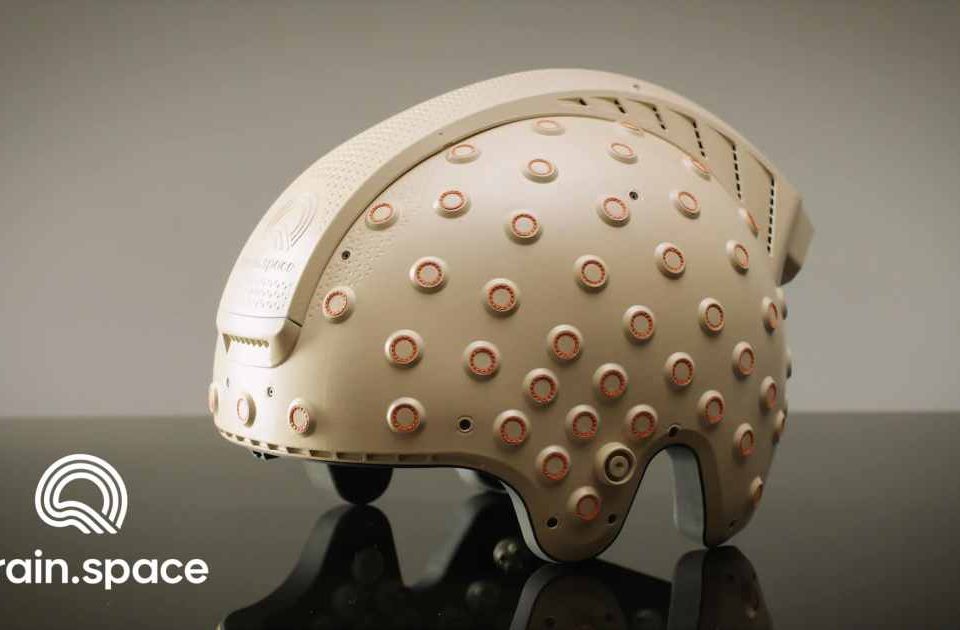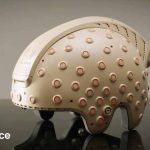Israeli tech startup Brain.space comes out of stealth with $8.5M funding to test brain-activity gear on space mission to ISS

Israeli brain infrastructure startup brain.space has come out of stealth mode with an $8.5 million seed funding to conduct the first-ever EEG experiment in space. As part of the experiment, astronauts will wear the brain.space automated EEG helmet to collect microgravity brain data for the first time.
The round, which was led by Mangrove Capital Partners, will also put the company on track to create an end-to-end technology stack to power products, services, and apps that access and interpret brain activity data, in a way that’s as easy as integrating fitness and geolocation data today.
Brain.space also shares more detail about its involvement in an upcoming NASA space mission to conduct microgravity brain-activity experiments. Between April 2 and 8, the astronauts of Axion-1 (AX-1) will perform various tasks while wearing the Brain.space EEG-enabled headset in the International Space Station between. The first-of-its-kind helmet will record the neurological activity of the crewmembers to determine how space affects neural conditions.
Founded in 2018 by CEO Yair Levy and Professor Efrati Shai, brain.space is a brain-mapping data tech startup on a mission to provide researchers, medical practitioners, and software developers the underlying foundation to interpret, analyze, and build brain activity products and services.
While EEG remains versatile, relatively inexpensive, and portable, experiments are easily jeopardized when movements or environments are altered. Due to their precarious nature, traditional EEG brain scanning systems often produce inaccuracies, inefficient recordings, and large gaps in information. Ample data on physiological measurements, such as heart rate and muscle mass, exists, but not high-quality longitudinal data regarding the neural changes on prolonged space missions.
Brain.space tackles this challenge with its automated dry EEG helmet, enabling scientists to track brain changes in space for the first time. This new data is just the first step toward Brain.space reaching its long-term goals. Brain.space is developing a comprehensive and affordable end-to-end database where brain-activity mapping of any kind can be publicly stored and shared. Such information is vital for researchers, physicians, pharmaceutical companies, and app developers to better understand brain abnormalities, diseases, and conditions.
The data collected from this particular mission will be used to assess day-to-day changes in the brain during long-term space travel. The team of participating astronauts, which includes former fighter pilot Eytan Stibbe, the second-ever Israeli astronaut, will all take part in the experiments before, during, and after the mission. Comparing the three data sets will illuminate the cognitive conditions of the astronauts in all three states.
“It gives us great joy to participate in these unprecedented experiments and showcase what our EEG helmet can do” says Professor Efrati Shai, Co-Founder and Chairman of Brainspace. “We hope this new technology will improve the entire methodology behind EEG brain mapping, for everyone involved. We want to promote neural wellness and believe that this mission and our future open-source database will do exactly that.”

